“The eye is a gateway to knowledge, but it is research that turns sight into understanding."
- Dr. Joseph LaPlaca

Vision & Cognition Research
-
Characteristics of binocular vision and oculomotor function among sports-concussed athletes
This study explores the impact of sports-related concussions on binocular vision and oculomotor function among athletes. Through comprehensive assessments, the research identified significant deficits in convergence, accommodation, and eye movements in concussed athletes compared to controls.
The study underscores the importance of regular vision screenings for athletes to detect and address these impairments, which can affect both daily life and athletic performance.
-
Commentary: Concussion-related visuomotor disturbance
This commentary emphasizes the importance of understanding binocular vision and oculomotor function in developing effective assessment and treatment strategies for sports-related concussions. This highlights the critical role that vision plays in both the diagnosis and recovery processes.
-
Effect of juggling expertise on pointing performance in peripheral vision
This research paper highlights the distinct roles of cortical and cerebellar structures in movement control. The cerebellum is critical for temporal prediction, while the cortex is essential for spatial prediction, both of which are fundamental to the skills developed through juggling.
-
The complexity of eye-hand coordination: a perspective on cortico-cerebellar cooperation
This study found that expert jugglers exhibit better accuracy in peripheral pointing tasks within the upper visual field. This improved performance is supported by a reduction in motor noise and structural changes in the brain, particularly in the posterior intraparietal sulcus, which plays a crucial role in spatial awareness and coordination.
-
Exercise-Induced Vision Dysfunction Early After Sport-Related Concussion Is Associated With Persistent Postconcussive Symptoms
A recent study found that adolescents with exercise-induced vision dysfunction soon after a concussion are more likely to develop persistent post-concussive symptoms (PPCS).
These individuals had a threefold greater relative risk of developing PPCS compared to those without such dysfunction, underlining the impact of vision-related issues on concussion recovery.
-
Sport and Longevity: How Elite Athletes Extend Their Lifespan
Explore the relationship between different sports and lifespan extension in elite athletes, based on an extensive observational study of 95,210 international athletes.
-
The Association of Visual Impairments of Elite Soccer Players with Concussion and Sports Injuries: A Prospective Cohort Study
In this study, researchers found that visual field defects in soccer players might increase the risk of concussion, indicating that pre-existing visual impairments could be a contributing factor to injury susceptibility.
